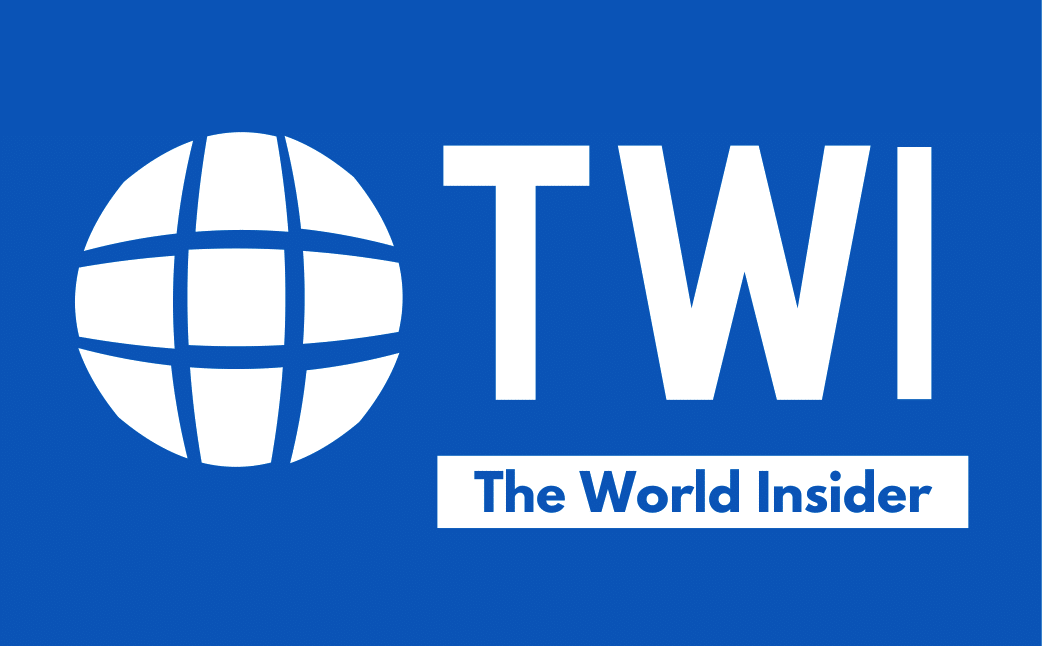Putin and Xi meet in Beijing ahead of opening ceremony of 2022 Winter Olympics
Russia and China said they “oppose further enlargement of NATO” and called the organization to “abandon its ideologized Cold War approaches” in a joint statement released Friday.
Russian President Vladimir Putin and Chinese President Xi Jinping met in Beijing ahead of the 2022 Winter Olympics opening ceremony. It was the first in-person meeting between Xi and Putin in more than two years since the pandemic began.
During the meeting, Russia and China agreed to strengthen their strategic partnership by expanding cooperation on new energy, support each other in ensuring energy security. Putin unveiled new Russian oil and gas deals with China worth an estimated $117.5 billion on Friday. Moscow agreed a 30-year contract to supply gas to Beijing via a new pipeline, bolstering the energy alliance amid strained ties with the West.
“Friendship between the two states has no limits, there are no ‘forbidden’ areas of cooperation,” says the lengthy statement, which puts in writing the deepening of diplomatic ties between the two major powers.
Concerns about NATO expansion
The two sides opposed further expansion of the transatlantic military alliance NATO to abandon its ideologized cold war approaches, to respect the sovereignty, security and interests of other countries. The talks come amid a buildup of more than 100,000 Russian troops near Ukraine which has sparked Western fears that Moscow may invade its neighbour. Russia has denied the allegations and demanded that NATO won’t expand to Ukraine and other ex-Soviet nations or deploy weapons there. The two countries also called on the United States “to respond positively to the Russian initiative and abandon its plans to deploy intermediate-range and shorter-range ground-based missiles in the Asia-Pacific region and Europe.”
Regional issues
Putin and Xi accused both NATO and the United States’ Indo-Pacific strategy of building closer military ties with other countries in Asia as destabilizing and threatening regional security. The two leaders voiced serious concerns about the trilateral security partnership between Australia, the United States, and the United Kingdom (AUKUS), and particularly their decision to initiate cooperation in the field of nuclear-powered submarines. “Russia and China believe that such actions are contrary to the objectives of security and sustainable development of the Asia-Pacific region, increase the danger of an arms race in the region, and pose serious risks of nuclear proliferation,” the statemet said.
The joint statement highlighted that the Russia and China “oppose the abuse of democratic values and interference in the internal affairs of sovereign states under the pretext of protecting democracy” and urged that “human rights must not be used to put pressure on other countries.”





